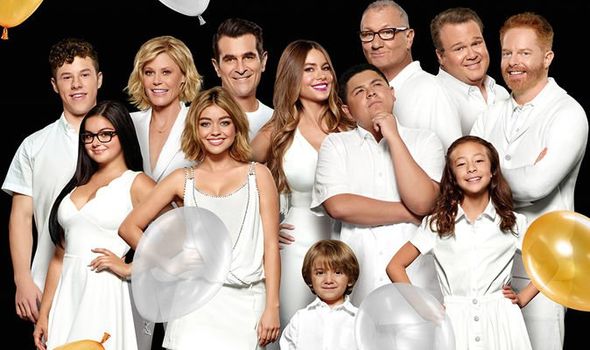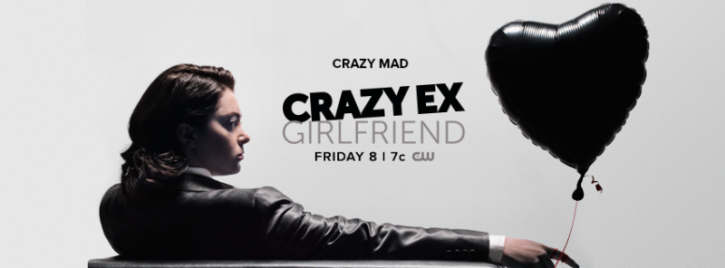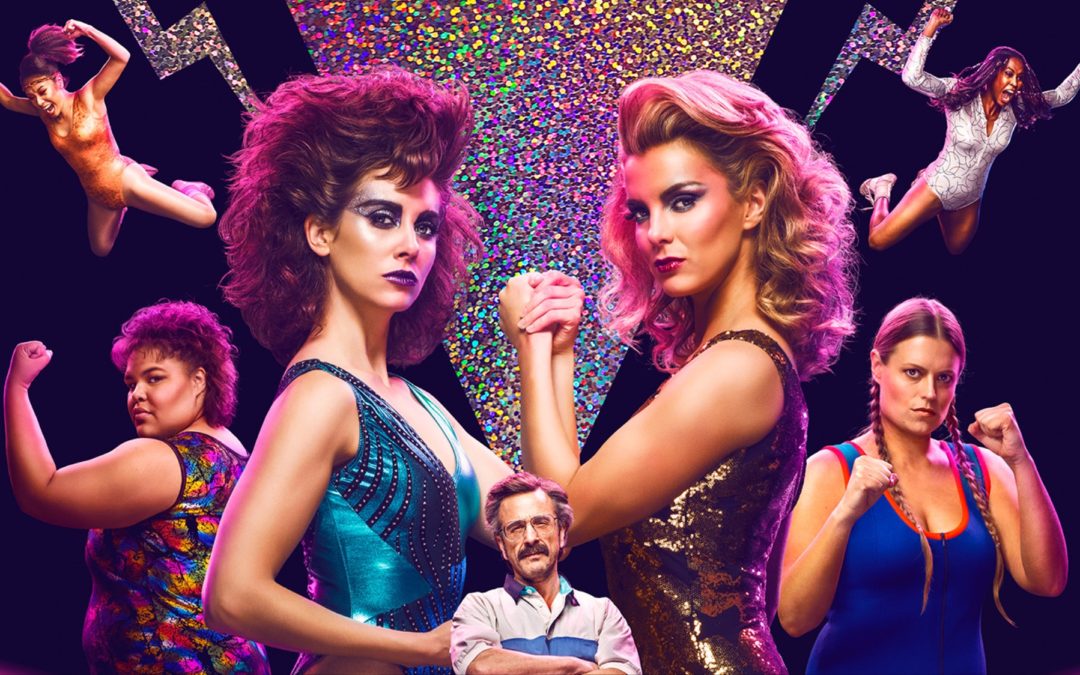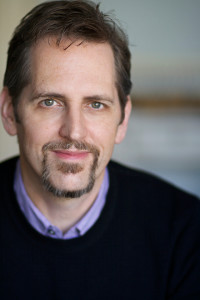I’m only 3 episodes into GLOW’s third season on Netflix, but I’m not motivated to watch more.
And this was possibly my favorite new show when it debuted two years ago. I also liked the second season.
So what’s going on here?
I think it’s something that often happens to series after a strong beginning. And the reasons are tied to three main issues.
And this is a good reminder for what makes a series idea strong in the first place.
If you compare the first couple seasons of Modern Family to the last few, you’ll really see this. In the beginning, every story in each episode really seemed to matter to its main character, with some form of big, relatable life stakes. I think the stories in the later seasons tend to be about more trivial matters that it’s hard to get as emotionally invested in.
GLOW is really running into this problem as well. The fate of the women’s wrestling show is no longer hanging by a thread, nor are the personal lives of those involved. They have a good gig in Las Vegas and things don’t seem that bad. In television, when the characters stop being “in hell” and “under siege” in some way, the audience tends to lose interest.
Another contributing factor here is when a show features too many stories in one episode, thus diluting the amount of development and impact of any one story. Not to be too hard on the incredibly successful and deservedly award-winning Modern Family, but for me their increase from three or four stories in an episode to sometimes six or more is not helpful on this front.

2. The point-of-view gets fuzzy. Stories focus on “the group” instead of individuals. Or on characters the audience isn’t that invested in.
What made GLOW powerful at the beginning was the focus on three central characters who each had a lot at stake, with major problems in both their external life situations, and their internal psychology. Ruth, Debbie and Sam were all compelling and complicated. But now things seem to have largely stabilized for each of them. And although there are moments of tension and emotion, nothing really pressing or terrible is going on that they need to solve. Instead the show is trying to spread out and tell stories for other secondary members of the ensemble, that haven’t had the same compelling set-up and are just hard to care about as much.
I think Crazy Ex-Girlfriend ran into the same problem when it started to focus more on smaller stories for other characters beyond Rebecca (and to some extent Paula). I think it became hard to muster a lot of interest in whether Darryl and White Josh were going to have a baby together, for instance. But I got the reason why they tried to broaden out. There were only so many episodes and seasons that could focus on Rebecca being the “crazy ex-girlfriend” with Josh, and they wanted to evolve her character over time, which makes sense. But that fun premise is what gave the show so much gas in the first season or two, and without it, you have a group of secondary people who worked well as supporting players to her madness, but not so much as main characters for their own stories.

This can be a big challenge for a show with a fun premise that won’t necessarily sustain many seasons. With GLOW, the big problematic situation affecting all the characters in the beginning was that this women’s wrestling show seemed like a crazy idea, with a lot working against it that they had to battle. Also you had those three desperate people with a major life problems at the center. When those problems the series is based on stop being such a problem, you kind of lose the show’s reason for existing.
3. Episodes stop having strong beginnings, middles and ends, but play more like chapters in a longer story. Their development is leisurely and not that much happens in any given episode.
One thing I’m constantly noticing with new writers to TV is that they think of their shows primarily as one long story, like an extended feature film, and not enough about how each typical episode will be its own barn-burner of compelling story that resolves in an hour or half-hour — and what elements will ensure that it can be so, over and over again. And I think this is key to focus on, even in the most serialized shows. But it’s hard to do this successfully for season after season.
I can imagine the GLOW writers thinking that “this season is about the challenges for the group in Las Vegas.” But what are those challenges? It seems to have started with relatively trivial problems like the girls being out of shape, or Bash not being good at taking care of Rhonda when she’s sick. I thought earlier seasons made it clear that he was gay. I have a feeling that later episodes in Season 3 might bring that conflict to a head, but to really keep an audience engaged, one usually has to pack a lot of story in, and not stretch it out too slowliy over many episodes.
This might all sound like complaining and nitpicking, and I’m really not here to “bash” the show, which I have loved in the past. And chances are it could get stronger as Season Three plays on.
Mainly I acknowledge that it’s really hard to do this stuff well, and keep doing it. That’s part of why long-term success of a show is rare.
I really just wanted to point out these elements that are so important to any series idea. It will tend to be judged partly on how much it seems to avoid the above pitfalls, ideally for a long time to come.



Unfortunately, no matter how good the acting, directing, and screenwriting quality, it’s inevitable that even the best TV series like Lost, Madmen, Game of Thrones, etc. end at some point. And this is not a bad thing. Like overgrown trees, a series dies to make room for new fresh growth. Even as we mourn the loss of a perennial favorite, we should rejoice as new series arrive, especially now that we live with an abundance of film and television creativity, not to mention the miracle of On Demand technology.
Hi Erik,
Krypton(SyFY Channel) is a great example of what you’re talking about. I had high hopes for the show because I’m a fan of the Superman legend, but this show is trying to explore too many ideas at one time along with Brainiac being responsible for the end of Krypton: the creation of Doomsday, Lobo hunting Superman’s grandfather, the Zod family being related to Superman’s grandfather, etc… Speaking of Superman, the show “Supergirl” has stopped working. And, ultimately, “Batwoman” will not last very long. My biggest pet-peeve is that shows like these push the feminism angle too much.
I think that is why Chernobyl felt so perfect, the mini-series with a beginning middle and end (although a nuclear accident is FOREVER). It had an almost Greek tragedy structure and was not really a drama in the sense you got to know or root for the characters. What you got was a foretold fate (a cheap design doomed a Soviet reactor to blow-up) and the world was out-of-order now. The only way to save it and put the world back in order, was through human sacrifice. Think of Aeschylus or Euripides.
I thought the Russians came off as super-heroic as they fought this true monster.
HBO finally made something more than TV – they made a modern Greek tragedy.
I really agree with this from Kurt re Chernobyl. Was glued to the screen.
I actually disagree with this assessment completely, as I thought season 3 of GLOW was it’s strongest BY FAR!
Several people have told me it gets better after the third episode and I plan to watch the rest and see if I agree. I wonder if you base that on the whole season or were enthusiastic even about the first three (which I wasn’t).
I agree %100 with what you’re stating. I have never watched that show, but I think that could happen in many shows. Quick question though, and I fully realize that Seinfeld is a totally different genre, but the show was about “nothing,” and it worked so great.
I don’t think Seinfeld was really about “nothing.” The show George and Jerry pitched to NBC was “about nothing,” but to me, the best stories on the actual show — especially the George stories — really did have relatable emotional life stakes. I think Seinfeld also fell off in quality when the stories were ultra-trivial, when it was hard to care how they worked out. But I also think when something is screamingly funny, clever and original, sometimes the audience can get past not “caring” quite so much about the stories. South Park is an example of this. So is Seinfeld at its best. But if you’re going for light comedy or “dramedy” (which GLOW seems to be often doing), it’s harder to get away with that. There’s little margin for error when you’re not massively entertaining and also don’t have big enough story stakes.
Russians or Ukrainians???
Hi Erik, you made some very good points.
Gerard
The flip side of this coin that drives me bonkers are shows like Castle, or Instinct, where they feel the need to pull a Lethal Weapon (movie). There has to be this giant over the top arc with a nearly invincible big bad pushing a sub plot along. Lethal Weapon to me had a great premise of a suicidal cop partnered to a cop who wants to stay alive long enough to retire (the conflict writes itself!). Then all of a sudden there’s this conspiracy with a special ops team, heroin smuggling, helicopter attacks, et al thrown into the story just to raise the stakes.
Erik, before I did my first writing for television a seasoned writer told me that if you ever want to put an end to a tv series have your characters marry each other…ergo the big bang theory 🙂
Yeah I think that can be especially harmful if the tension of that relationship and them not being together is a key conflict driver on the series. Of course they can marry and still have problems but it loses some of the bite of “will they or won’t they” (end up together).
What series do you think managed to maintain that edge for the longest or, alternately, the best? Why – what was their secret sauce?
I think most of the great series found a way to do this, which is part of what made them great, and I think a lot of it is about avoiding those pitfalls mentioned above — and having an underlying premise where it’s easy to do that, while still having some evolution as needed of the characters’ situations over time.
Season 3 is all over the map, but they did enough to bring it back for me. I’d be curious to know your thoughts after finishing Season 3!
I’m sure I’ll finish it at some point. Others are telling me it gets better, too. It will be interesting to see…
Erik, thanks for the technical analysis. It’s great. And for anyone, like me, working on a pilot, it serves as a blueprint to really dive into the characters, their motivations, and the overall story arc.
BUT … is the current issues plaguing content on streaming services like with GLOW more related to the insatiable need for content? To where these channels are not looking for old school bibles that map out multiple seasons…now, the first seasons is accepted, shot, and aired. And then it could be lights out. No long-term planning needed. Show is canceled.
Since you’re on the inside of the business, please address this urban myth. I’ve been hearing it more and more that a good pilot and 1st season plan is enough.
It does seem that the Netflix model doesn’t really need as many seasons so they may be less concerned about long-term possibilities.
But I also think it can happen on traditional network shows, too.
It’s more that it’s just not easy to keep a show great over time, in my opinion.
My wife and I just started season 4 of Schitt’s Creek. Every season ender, to me, feels like they’re wrapping things up enough in case they get canceled. Things keep getting a little better and they keep getting a little more well-adjusted and it smells like the end. I loved Glow S1 and S2. I feel the same way about S3. S2 they seemed to hit the feminism/female empowerment stuff really hard, which we enjoyed watching. This season seems like a lot of manufactured stakes for the sake of stakes. And why the hell is the director camping out in the hotel with them? Doesn’t make sense to me. Feels like the show had a great ending, but the beast wanted more eps so they struggled to justify more stories.